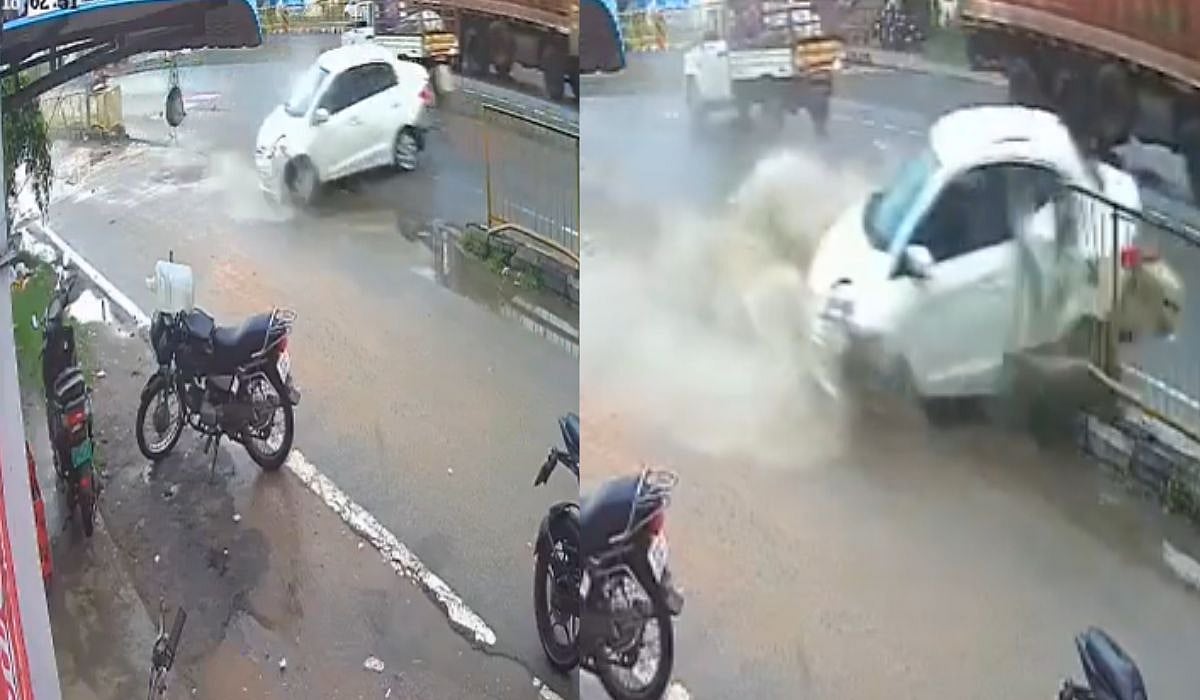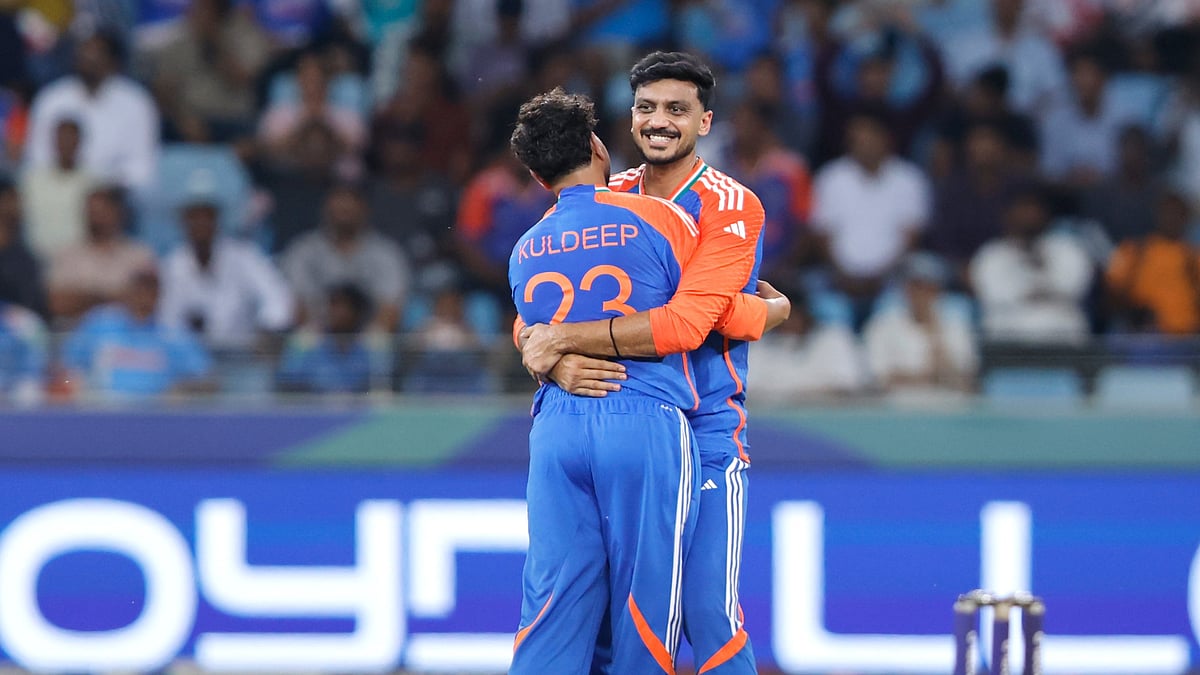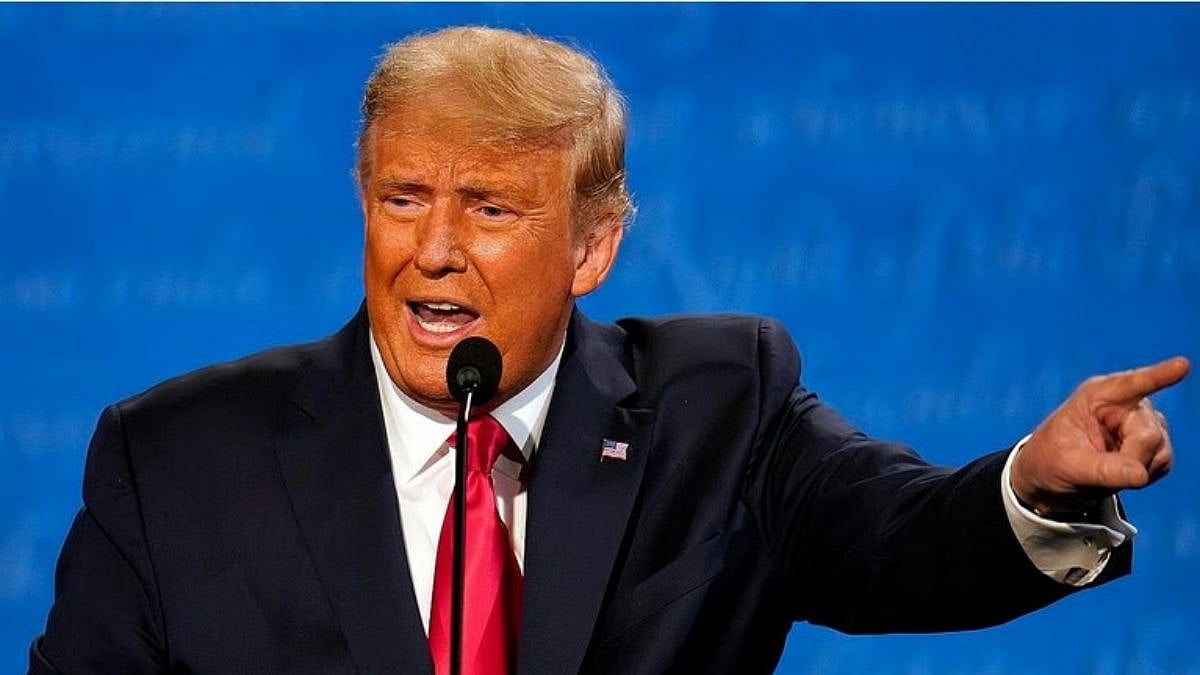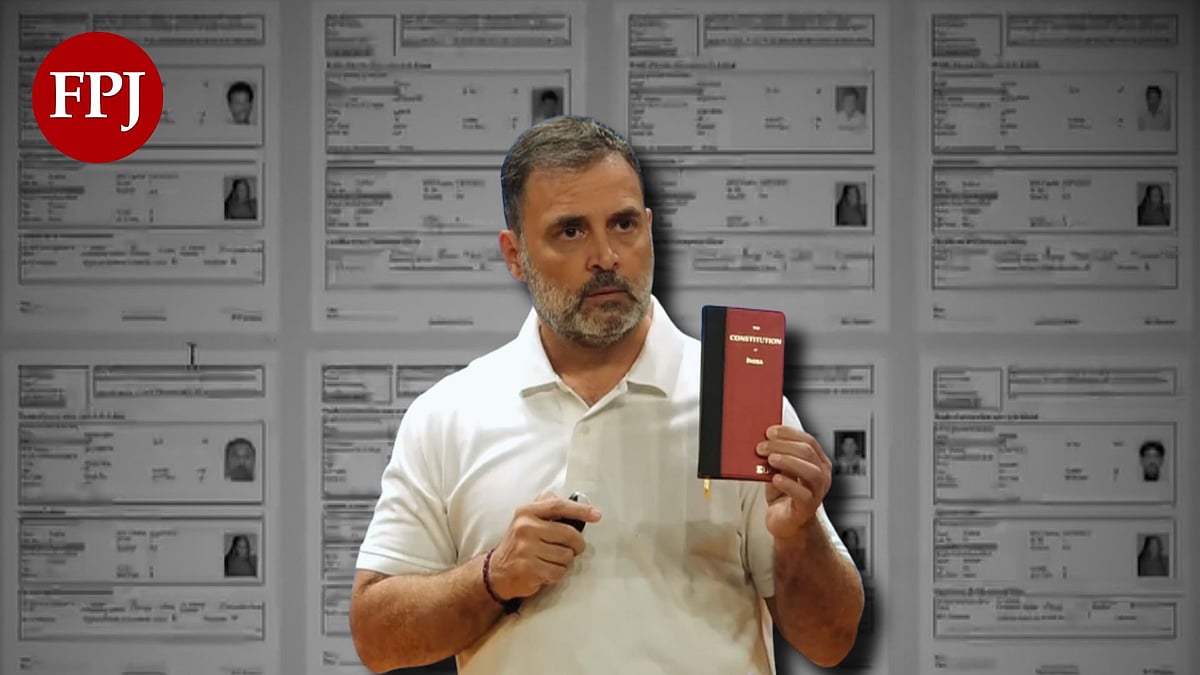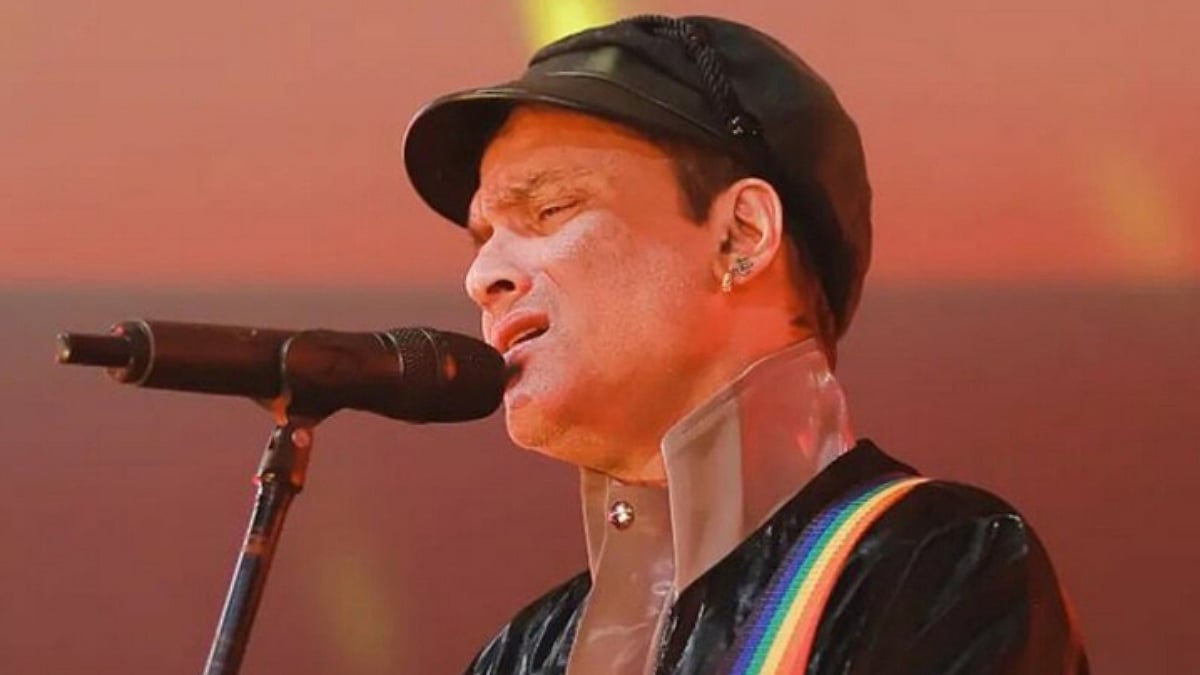The police and the judiciary form two sides of the same coin because the former maintains law and order while the latter upholds justice. If the police fail to comply with Supreme Court judgements or constitutional safeguards, they fail to maintain law and order. Hence, keeping the accused in the dark about why he has been arrested violates a vital constitutional safeguard resulting in sexual perverts or murderers being acquitted.
In Pune, a 52-year-old teacher accused of sexually assaulting and harassing 39 girls at a school was released from Yerawada Central Prison in February. A special court ruled his December 24, 2024, arrest was illegal because the Pune rural police failed to follow proper procedure while arresting him.
Releasing him from jail, the judge said the arrest form mentions his relative was told why he was arrested. “But there is nothing on record to show that written intimation was given to him detailing the reasons for arresting him. The police have not followed the mandatory provisions while arresting a suspect. This detention is illegal and violates the clear mandate of law. It cannot be allowed, and the applicant needs to be set free forthwith,” the judge ruled.
Various governments have set up several police commissions at the state and national levels to modernise and train the police. The Standing Committee on Home Affairs also presented a report on police training, modernisation, and reforms in 2022. Nevertheless, the police continue to ignore constitutional provisions during the investigation of crimes, thereby ensuring the accused are acquitted or get bail.
Article 21 of the Constitution states nobody can be deprived of his right to life and liberty except after following due procedure laid down by law. Article 22 (1) of the Constitution emphasises that informing an arrested person of the grounds of arrest is a fundamental right. The police must not only inform the accused of the reasons for their arrest but also their right to bail. “Every police officer arresting without a warrant shall forthwith communicate to the suspect the full particulars of the offence for which s/he is arrested,” the judge noted.
These constitutional safeguards prevent the police from arresting anybody arbitrarily, as in the case of a man who was forced to alight from a train because he resembled the intruder who stabbed Khan at his flat. The man lost his job and the parents of his fiancee called off the wedding after the police flashed news of his arrest in the media with his mugshot.
Despite the man protesting he had nothing to do with the stabbing of Saif Ali Khan at his Bandra home, the police detained him and freed him only after realising their mistake. By that time, his life had been destroyed forever with the police shrugging their shoulders.
Now contrast this with the teacher accused of molesting 39 girls in a school in Pune, who was allowed to walk out of the Yerawada jail. We realise that the Pune police, like their Mumbai counterparts, bungled, which is why rigorous training sessions should periodically be conducted to hone their skills. In one case, the life of an innocent man was destroyed, while in the second case, a suspected pervert was allowed to walk out of jail on bail.
In India, we have 6.10 lakh prisoners in 1,378 prisons, which is why bail is the rule and jail is the exception, even in the most heinous crimes, because the Supreme Court has devised what is known as the tripod test, which lays down that suspects must be granted bail unless they are capable of fleeing the country, threatening witnesses or destroying the evidence of their crime. The Supreme Court granted interim bail to hardened rapists-cum-murderers like Asaram Bapu, who fraternised with a former prime minister on stage. So, it can be argued that the teacher who walked out of jail also deserves bail.
But the trauma caused to these 39 minor girls, if they see this alleged monster on the road, can well be imagined. They will be reluctant to undergo a repeat of this trauma while recounting their experiences all over again in court. This is why those accused of sexual perversion of minor girls must be kept in jail.
The fact that the police officer must also inform the arrested person of his rights after arrest is important to enable him to brief his lawyer for a fair trial. In the Satendar Kumar Antil versus the Central Bureau of Investigation case, the judges said hundreds of undertrials need not have been arrested despite the registration of a cognisable offence because the offences charged were punishable for less than seven years. Some of these undertrial prisoners included women, apart from poor and illiterate people.
Conversely, in Goa, a deputy SP, Kiran Poduval, later awarded a gold medal, acted at the behest of a minister to allegedly plant a bogus FIR and chargesheet. Even after the high court quashed it, the inquiry report of SP Sunita Sawant, who acted on the orders of the former Dy IGP, Aslam Khan, is unavailable. This leads to the conclusion that the police protect themselves.
The Supreme Court declared the high courts must not order further investigation if those seeking it do not furnish more evidence. On the contrary, all high courts should be given a free hand to pull up delinquent police officers, who shield criminals on orders of the ruling parties in their states. The high courts should be allowed to supervise investigations because the police come under the government. Corrupt home ministers, like Anil Deshmukh, do summon police commissioners like Parambir Singh with orders to collect Rs 100 crore from bars and restaurants.
Hence, shackling the judiciary to ensure judges do not interfere in police investigations may not be correct because the judiciary is the only independent organ of the state. Judges must not interfere in investigations so long as they are satisfied that the agencies are not shielding criminals. But if the converse is true, the judges must be free to ask why the agencies have not questioned certain ministers, implicated in crimes.

Corrupt ministers and venal police threaten democracy. That is why the Supreme Court must not shackle the high court judges on the pretext of ensuring free and independent investigations. For, investigations are never neutral in a democracy.
Olav Albuquerque holds a Ph.D in law and is a senior journalist-cum-advocate of the Bombay high court.

